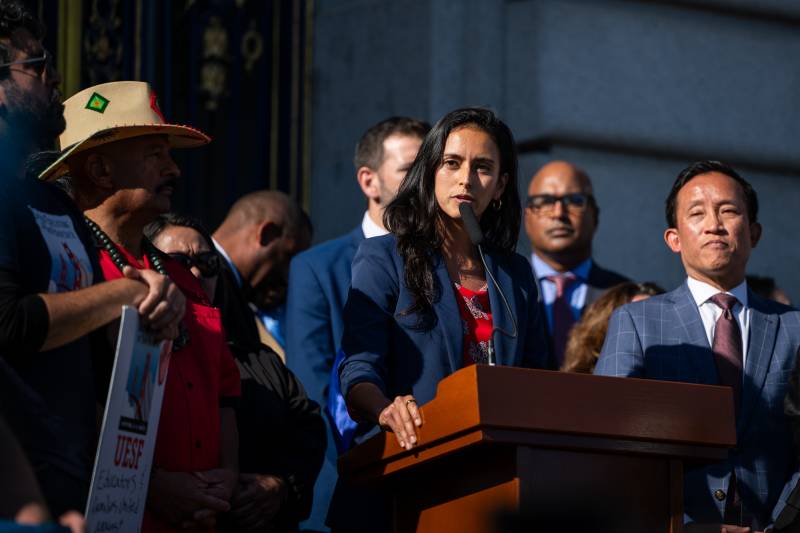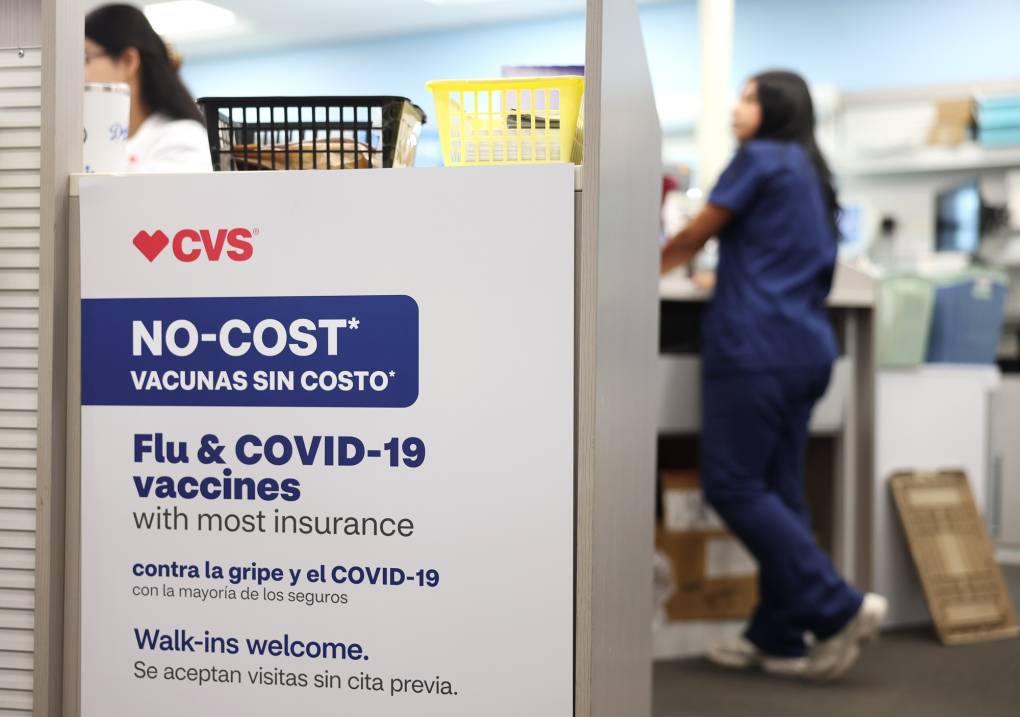Following more than 50 pharmacy closures in recent years, San Francisco is exploring whether the city could create a cooperative model to cut the middleman out of prescription procurement and help more drug stores stay open.
Supervisor Jackie Fielder this week requested that the Budget and Legislative Analyst produce a report on how the city could support such an idea. The Mission District supervisor said she hopes streamlining prescription reimbursements for drug store owners can help both mom-and-pop pharmacies and retail chains at a time when 12 more pharmacies are slated to close by the end of this month.
“Pharmacies are an essential component of our healthcare system, and the devastating closures of retail pharmacies are pointing to the need to decouple the healthcare of our residents from major corporations,” Fielder said in a statement. “In other parts of North America, pharmacies can be found on every street corner, and people can fill prescriptions without waiting in long lines or breaking the bank.”


